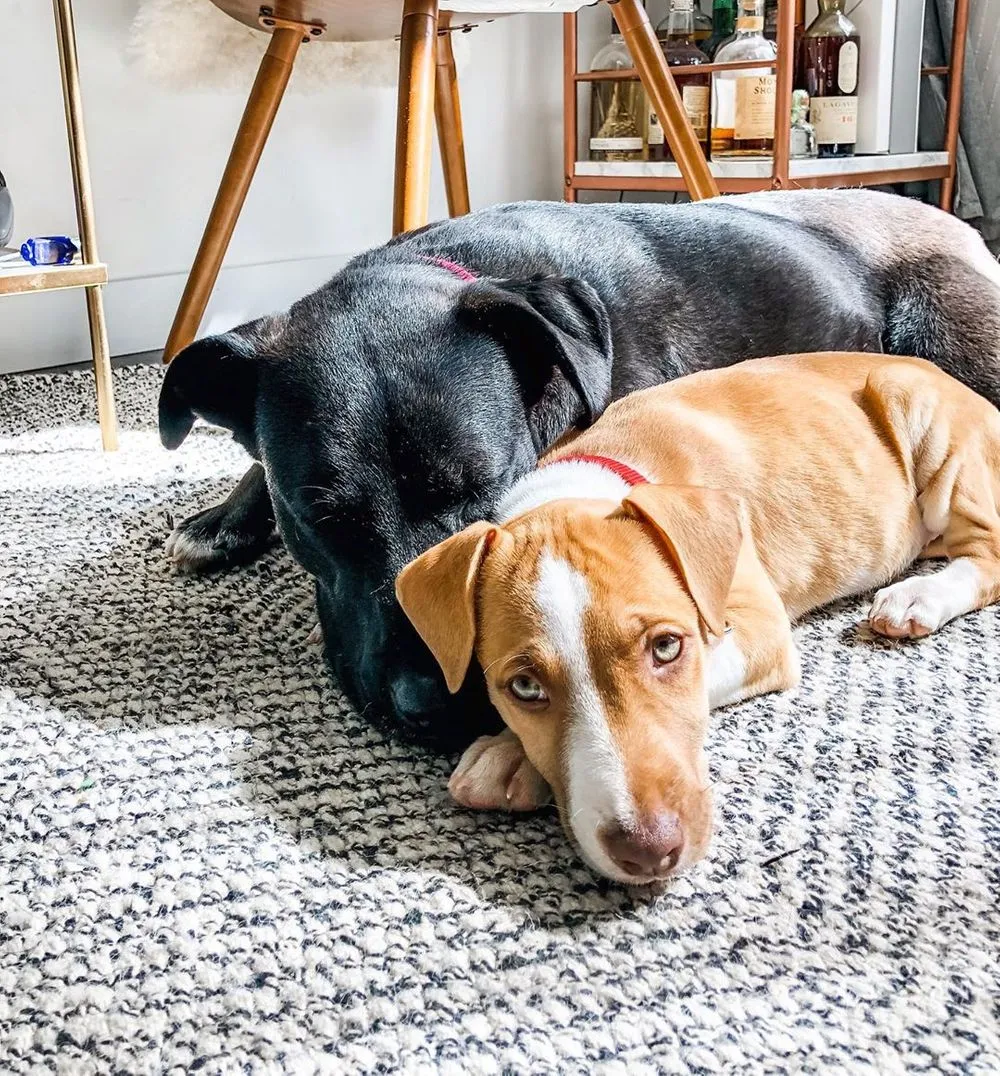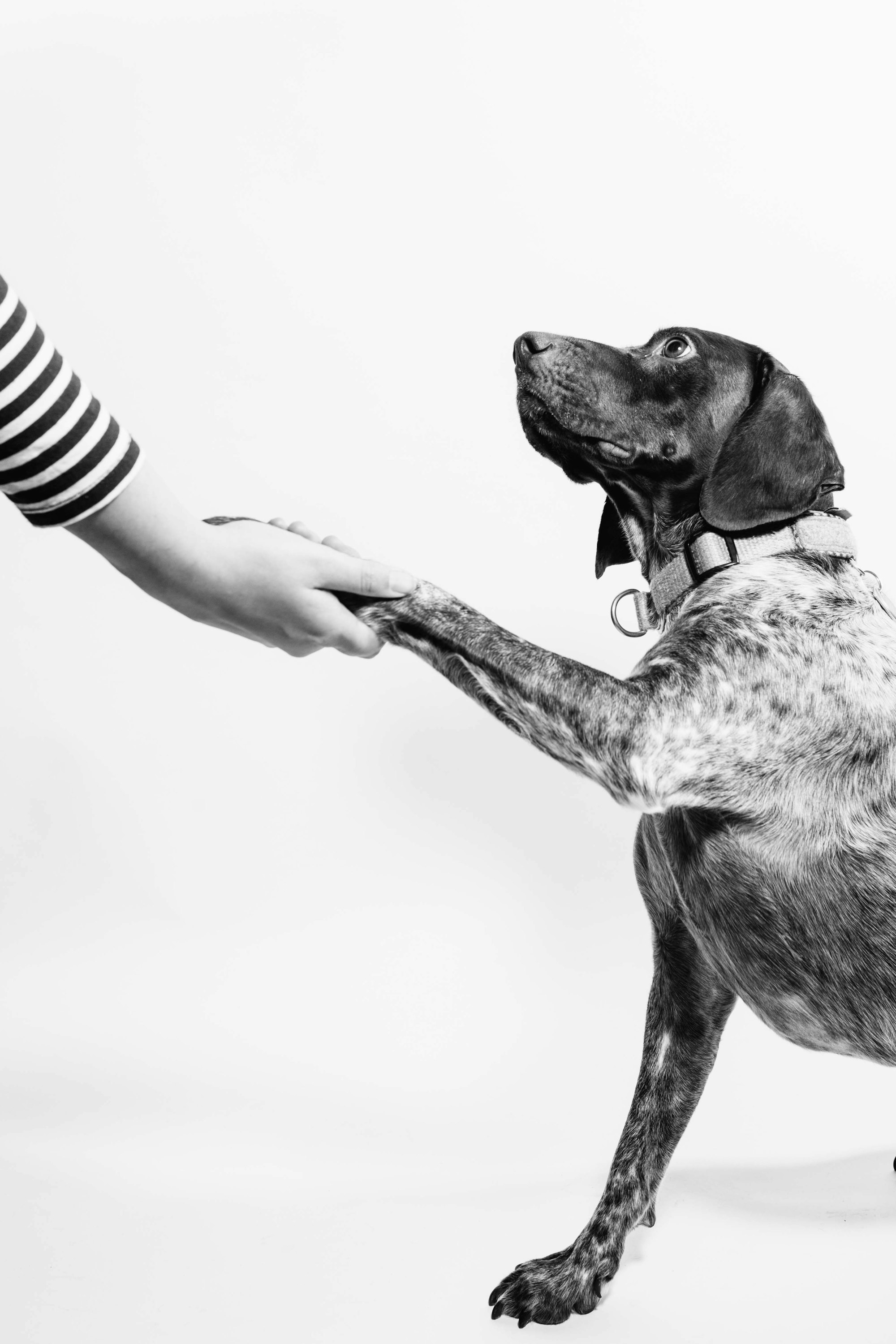Dogs are known for their furry coats, which provide them with insulation and protection from the elements. However, fur is not enough to shield dogs from the harmful effects of the sun.
As pet owners, we often focus on keeping our furry friends warm during colder months but may not realize the importance of protecting them from UV rays in warmer weather.
In fact, dogs are susceptible to sunburns and skin damage just like humans. This article sheds light on the crucial need for sunscreen in dogs and how it can help prevent skin cancer and other related health issues.
Understanding dog skin structure and function is essential in comprehending why sunscreen is necessary for our four-legged companions. Dogs have a different skin composition than humans, and thus their skin requires specialized care. Sunburns are common among dogs that spend extended periods outdoors without proper protection, leading to discomfort, pain, and even blistering or peeling of the skin.
With this in mind, educating ourselves about how to protect our pets from excessive sun exposure is vital by using safe and effective sunscreens designed explicitly for canine use.
Understanding Dog Skin
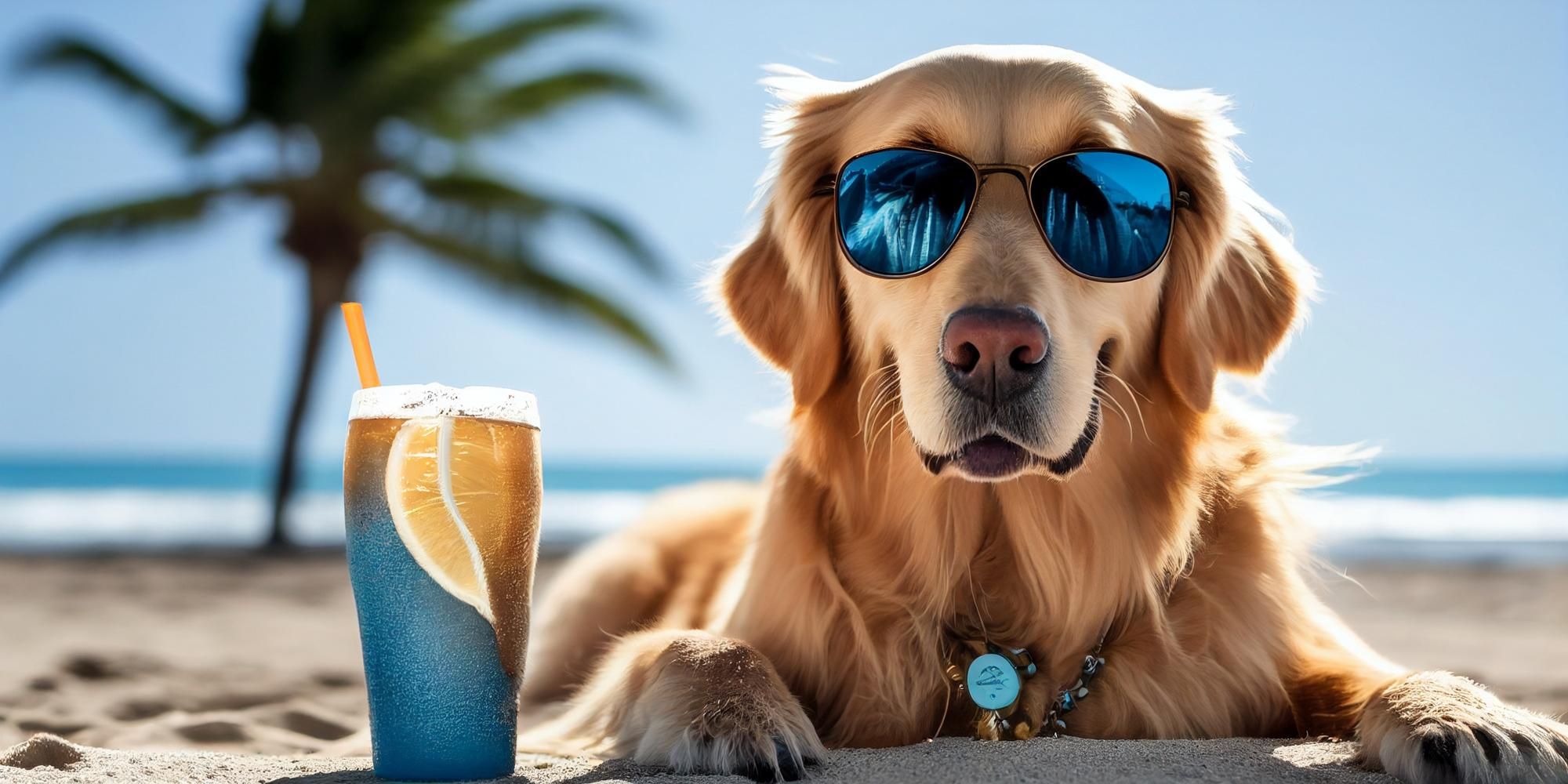
Examining the structure and function of a dog's skin reveals important differences from human skin, highlighting the need to understand and address the unique requirements for canine sun protection.
Dogs have a thinner outer layer of skin compared to humans, which makes them more prone to sunburn and other skin issues caused by UV radiation. Additionally, their fur does not provide adequate protection against the harmful effects of the sun.
Dogs need sunscreen just as much as humans do, but they require a specific type of sunscreen that is formulated for their sensitive skin. It is essential to choose a sunscreen that is free from fragrances and other potential irritants that can cause allergic reactions in dogs.
Sunscreen should be applied regularly to vulnerable areas such as the nose, ears, belly, and inner thighs. By protecting our furry friends from harmful UV rays with appropriate sunscreen application, we can help prevent painful sunburns and reduce the risk of skin cancer in dogs.
The Sun and Its Effects on Dogs
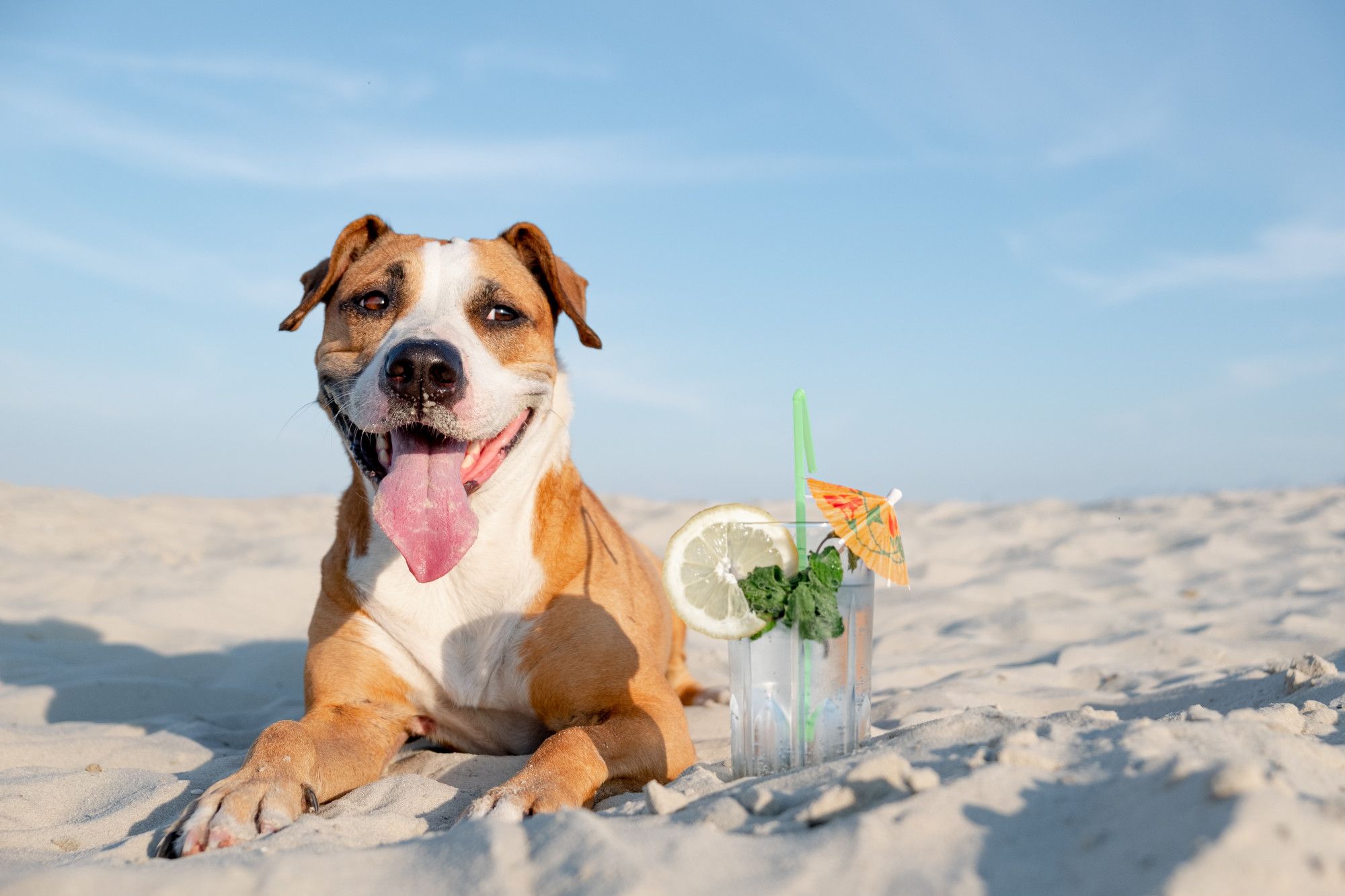
Like humans, dogs can experience sun exposure's negative effects, including sunburn and an increased risk of developing skin cancer. According to a study published in the Journal of Veterinary Medical Science.
Approximately 33% of dogs with malignant skin tumors had a history of chronic sun exposure. This study underscores that every dog can get affected and, therefore, need to wear sunscreen to prevent these negative outcomes.
A crucial factor pet owners need to know about sunscreen for dogs is that it isn't the same as human sunscreen. Zinc oxide, often found in human and baby sunscreen, can be toxic to dogs if ingested.

Therefore, it is recommended to use sunscreen made specifically for dogs. The best dog sunscreen often contains this ingredient as it's effective in blocking both UVA and UVB rays that can cause damage to their delicate skin.
Sunscreen spray for dogs is a great choice for its easy application. However, before full application, it's advisable to apply sunscreen to a small area first to ensure your dog doesn't have an adverse reaction. Furthermore, short-haired dogs and dogs with white or light-colored fur are especially susceptible to sunburn and should always be protected.
But even with the best sunscreen for dogs, remember that dogs can also benefit from physical shade. Providing shade for your dog during peak sun hours is essential, and they should have the option to retreat to a cooler, shaded area if they start to feel overheated.
If you're unsure how to put sunscreen on dogs or have other concerns about dog sunburn, consult a veterinary professional. They can provide guidance on how to ensure your dog is fully protected from harmful UV rays.
Protecting our pets from the harmful effects of sun exposure improves their overall health and allows us to enjoy outdoor activities with them without worry or fear. This way, we can be sure our dogs live long, healthy lives by our side.
What kind of sunscreen is safe for dogs?
Zinc oxide is a highly effective ingredient in dog sunscreen, providing vital protection against both UVA and UVB rays. It's crucial to know that dogs, particularly those with light-colored or short fur, need protection from the sun's damaging effects, just like humans.
Sunscreen specifically formulated for dogs is readily available and can significantly benefit from sunscreen. They are among the best options for preventing harm from excessive sun exposure. When choosing a dog sunscreen, ensure it has an SPF of at least 15 or higher. Moreover, many human sunscreens contain potentially harmful ingredients like PABA or zinc pyrithione, so always opt for a product designed for dogs.
Applying sunscreen to your dog is not a complex process, but there are a few guidelines to follow for your pet's safety. Firstly, remember that some breeds have more sensitive skin than others and may require more frequent applications. Use a topical sunscreen product directly on your dog's skin and fur, ensuring full coverage. Spray sunscreen can be a convenient choice, but be careful to avoid the eyes and mouth.
Apply sunscreen approximately 20 minutes before allowing your dog to walk outside or spend time in direct sunlight. If you're planning a day of fun in the sun, sunscreen should be reapplied regularly, especially if your dog enjoys splashing in the water. Always keep your dog indoors if it's too hot for your dog outside.
One important thing to consider is if your dog licks off the sunscreen. Ingesting sunscreen could lead to digestive discomfort, so monitor your pet after application.
Think your dog might be at risk for sun damage? Always consult with a veterinarian for personalized advice on sun protection. By taking these precautions, you can protect your furry friend from the risks of sun exposure and ensure they remain healthy and happy.
What Dogs Should Be Wearing Sun Protection?
Canine skin cancer is a prevalent issue, with an estimated one in four dogs developing some form of skin cancer during their lifetime. While all dogs can benefit from wearing sun protection, certain breeds are more prone to skin cancer due to their thin fur and light-colored noses. These breeds include Dalmatians, Boxers, Bull Terriers, Whippets, and Pit Bulls.
To ensure proper protection for these breeds and any dog that spends time outdoors in the sun, it is important to apply sunscreen specifically formulated for dogs. When you want choose sunscreen for your furry friend, opt for ones that cannot contain zinc oxide or para-aminobenzoic acid (PABA).
As these ingredients can be harmful if ingested by the dog. Additionally, make sure to choose a waterproof formula so that it doesn't wash off easily when your dog goes for a swim or sweats under the hot sun.
Four ways you can protect your dog's skin from harmful UV rays are:
1) Limiting outdoor activities between 10 am and 4 pm when UV rays are strongest.
2) Providing shade through trees or umbrellas.
3) Dress them in protective clothing such as hats or shirts for dogs.
4) Applying sunscreen every two hours while they're outside.
Taking these preventative measures and providing proper sun protection for your furry friend can help reduce their risk of developing skin cancer.
What is the Importance of Sunscreen for Dogs?
The use of sunscreen is crucial for protecting dogs from harmful UV rays and reducing the risk of skin cancer. Just like humans, dogs get sunburn and develop skin cancer due to prolonged exposure to the sun.
However, it is important to note that not all breeds of dogs are equally susceptible to sun damage. Dogs with short fur or light-colored coats are at a higher risk than those with dark coats or long hair.
There are several benefits of using sunscreen on dogs. One major benefit is that it helps prevent sunburn and skin damage caused by UV radiation. Additionally, using sunscreen can help reduce the risk of developing skin cancer in dogs, which can be fatal if left untreated.
Addressing common concerns and misunderstandings about dogs and sunscreen is also important. Many pet owners hesitate to use sunscreen on their furry friends because they fear it may be toxic or cause allergic reactions. However, as long as you choose a high-quality, dog-safe sunscreen formulated specifically for dogs and follow the manufacturer's instructions for application, there should be no adverse effects on your dog's health.
How to Choose the Right Sunscreen for Your Dog?
Selecting a pet-safe sunscreen for your furry companion requires careful consideration of the key ingredients to look for and avoid in order to minimize the risk of adverse reactions or harm. It is important to note that human sunscreen should never be used on dogs as it may contain toxic or harmful ingredients to their health. Instead, opt for dog-specific sunscreens that provide adequate UV protection while being gentle on their skin.
When choosing a dog sunscreen, look for products that contain zinc oxide or para-aminobenzoic acid (PABA) as these ingredients effectively block both UVA and UVB rays.
However, some dogs may have allergic reactions to PABA, so it is best to consult your veterinarian before using sunscreen on your pet's skin. Avoid sunscreens with fragrances, colorants, or alcohol which can irritate your dog's skin and cause discomfort.
Recommended high-quality dog-friendly sunscreens include Epi-Pet Sun Protector Spray, Petkin Doggy Sunstick, and My Dog Nose It! Sunscreen Stick. Protecting your dog from the harmful effects of the sun is essential in maintaining their overall health and well-being, so make sure to choose a safe and effective sunscreen product appropriate for your furry friend's needs.
How to Apply Sunscreen on Your Dog
To ensure proper protection from harmful UV rays, applying sunscreen on your furry companion is a crucial step in maintaining their overall health - and this process can be made stress-free with the right techniques.
First, choose a dog-friendly sunscreen with safe ingredients, such as zinc oxide or titanium dioxide. Avoid sunscreens that contain fragrances, preservatives, or chemicals like PABA, which can be toxic to dogs.
Next, follow these steps to apply sunscreen on your dog:
1) Begin by calming your dog and making them feel comfortable;
2) Apply the sunscreen evenly on small areas that are more prone to sunburns, such as the nose, ears, belly, and groin;
3) Be extra careful when using sunscreen on dogs with short hair or white fur as they are more susceptible to sun damage.
Finally, it is important to reapply the sunscreen every few hours if your dog spends extended periods outdoors. Following these guidelines for applying and using sunscreen on your furry friend regularly throughout the summer months can keep your dog healthy and happy all season long.
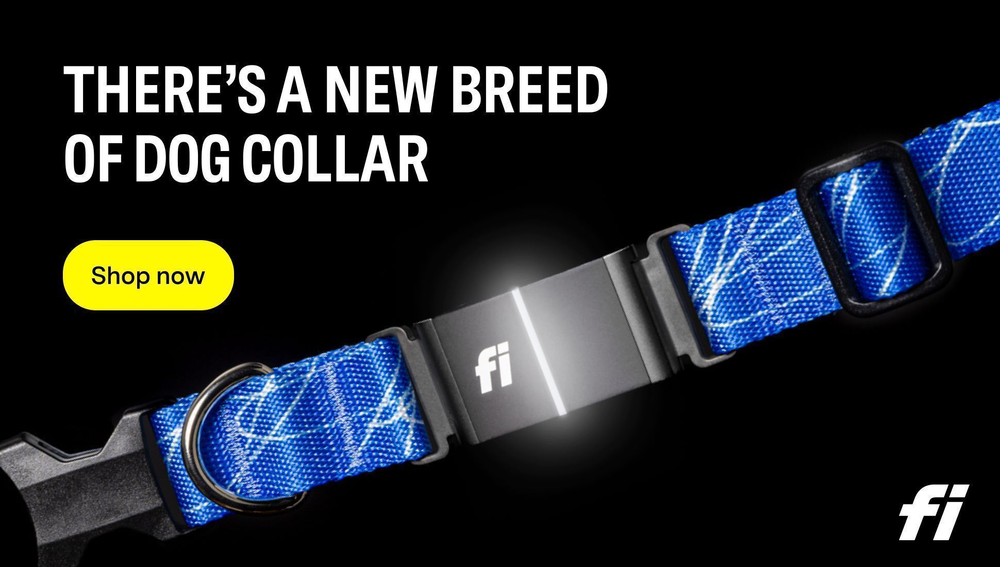
Other Sun Protection Strategies
Implementing sun protection strategies beyond sunscreen application is vital for keeping dogs safe and comfortable during extended periods of sun exposure. While some dog breeds have naturally thick coats which offer some level of protection against the sun, it is still essential to consider additional measures.
Sun-protective clothing designed specifically for dogs can provide an extra layer of defense against harmful rays, shielding their skin from direct contact with the sun. These garments are made from materials that block UV radiation and can cover a significant area of your dog's body, such as their belly and legs.
Aside from using protective clothing, managing your dog's sun exposure times is also crucial. Avoid taking them out during peak sunlight hours when the heat is most intense, typically between 10 am and 4 pm. If you must be outside during these hours, ensure there are shaded areas where your dog can rest in between activities or playtime sessions.
Additionally, make sure your furry friend stays hydrated by providing plenty of water throughout the day. Keeping a bowl of fresh water nearby at all times will encourage them to drink regularly and prevent dehydration caused by prolonged exposure to the sun's heat.
By implementing these other strategies alongside sun shirt use, you can help protect your pup from the dangers of excessive sun exposure while still enjoying outdoor activities together.
Frequently Asked Questions
What are some common misconceptions about dogs and sunscreen?
Common misconceptions about dogs and sunscreen include the belief that their fur provides adequate protection from the sun's harmful rays. However, this is not always the case, as certain breeds or shaved areas can be more susceptible to sun damage.
How often should sunscreen be applied to dogs?
Sunscreen should be applied to dogs every 2-4 hours, and more frequently if they are swimming or sweating. It is important to use a sunscreen specifically designed for dogs and to avoid areas around the mouth and eyes.
Are there any breeds of dogs that are more susceptible to sunburn or skin cancer?
Certain breeds like white-coated dogs, hairless or hair loss breeds, and those with short fur are more susceptible to sunburn and skin cancer. Regular use of sunscreen and limiting sun exposure can help prevent these health issues.
Can human sunscreen be used on dogs in a pinch?
Using human sunscreen on dogs is not recommended as it can be toxic if ingested and may not provide adequate protection. It is best to use a sunscreen specifically formulated for dogs, which will take into account their unique skin and fur characteristics.
What are some alternatives to sunscreen for protecting dogs from the sun?
Alternatives to sunscreen for dogs include protective clothing, shade, and avoiding direct sun exposure during peak hours. These methods can effectively reduce the risk of sunburn and skin damage in dogs without relying on potentially harmful chemicals found in some sunscreens.
Conclusion
In conclusion, the need for sunscreen in dogs cannot be understated. While their fur provides some protection, it is often insufficient to prevent sunburn and potential skin cancer. As responsible pet owners, we must take the necessary steps to protect our furry companions from harmful UV rays.
By choosing high-quality, dog-friendly sunscreen and following proper application techniques, we can ensure that our dogs are safe and comfortable during outdoor activities.
Furthermore, we must also consider other sun protection strategies such as using sun-protective clothing, managing sun exposure times and providing shade and hydration. By taking these measures, we can help prevent unnecessary pain and suffering for our beloved pets.
We must educate ourselves on the importance of sun protection for dogs and take action to keep them healthy and happy in the long run.
